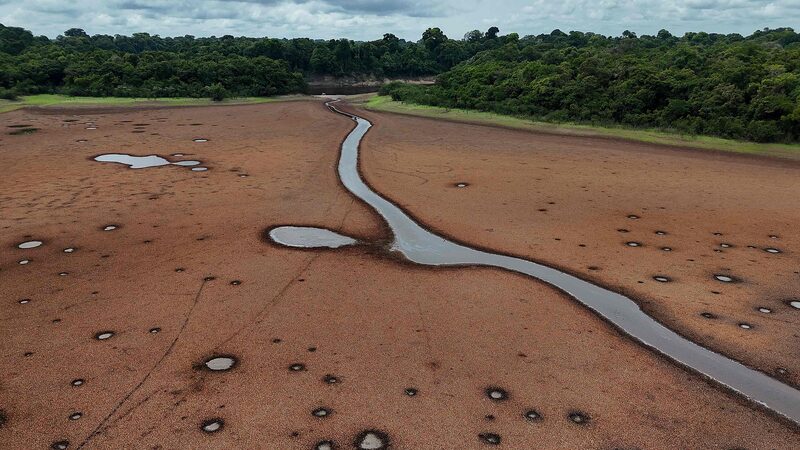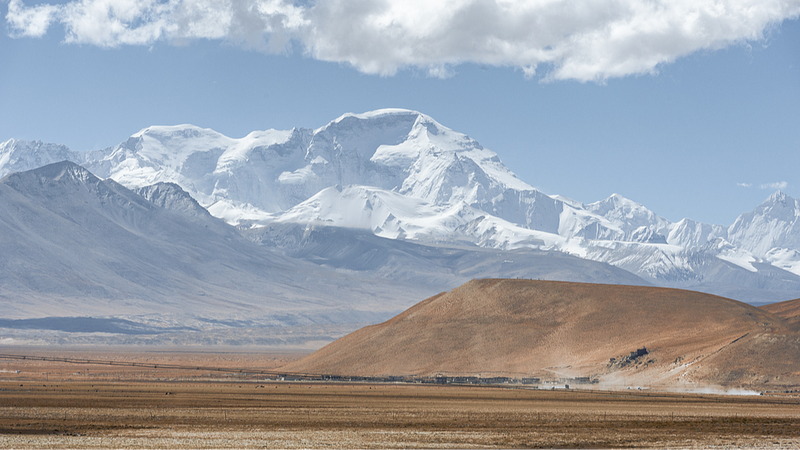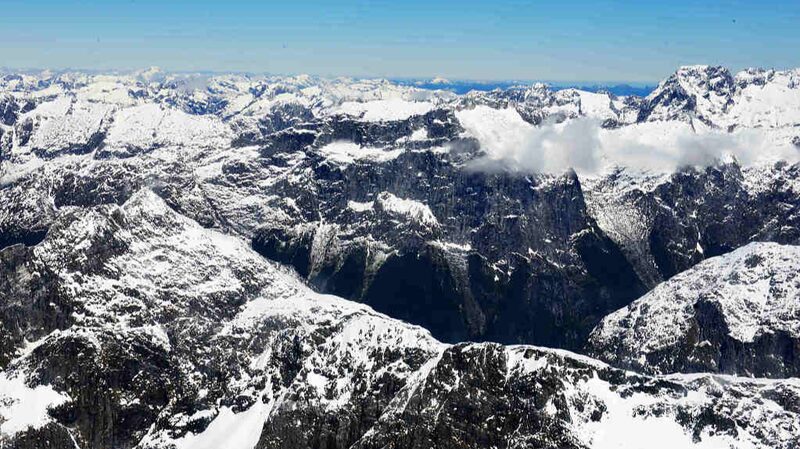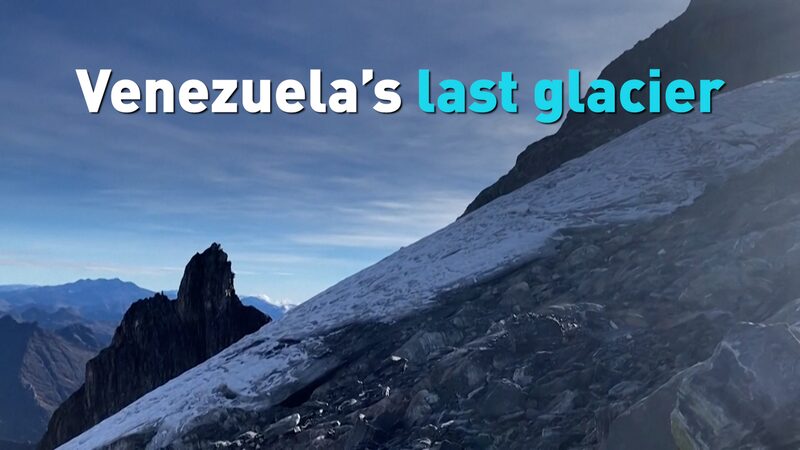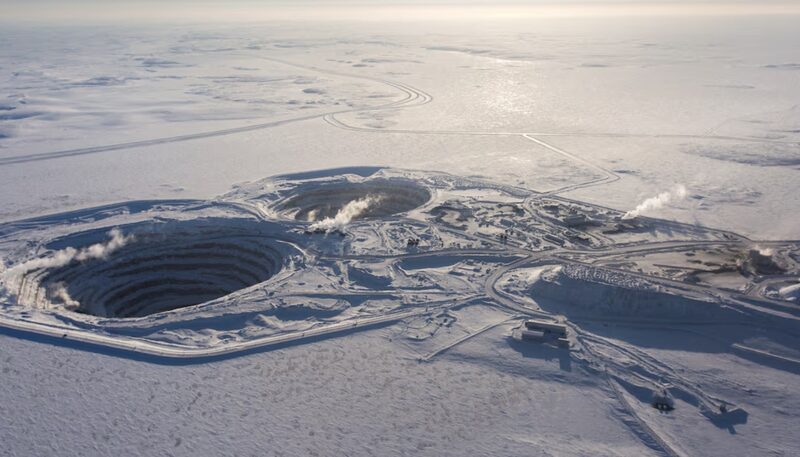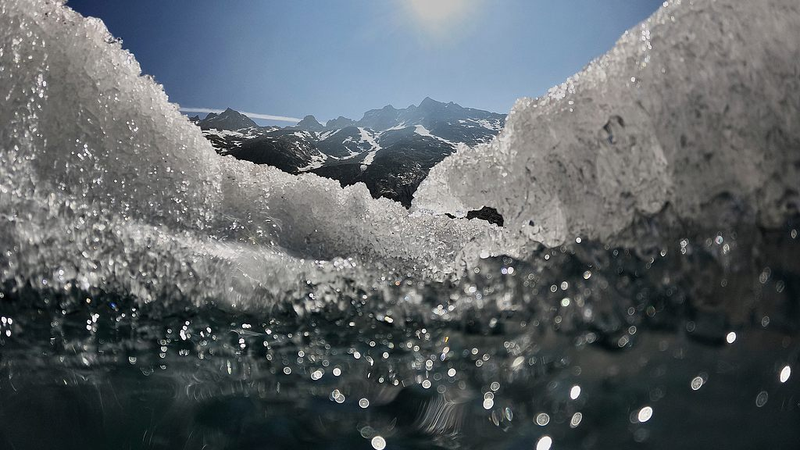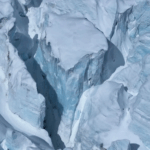As nations mark World Water Day on March 22, this year's theme focusing on glacier preservation highlights a stark reality: nearly two billion people rely on these ancient ice formations for freshwater, yet climate change threatens their existence at an accelerating pace.
United Nations experts emphasize that glacial melt impacts transcend geographical boundaries. California's recurring droughts, as documented in a recent CGTN report, demonstrate how even technologically advanced regions face acute water insecurity—a warning for communities worldwide.
"Glaciers are climate sentinels," said one hydrologist interviewed. "Their decline disrupts agriculture, energy production, and ecosystems. Collaboration across borders isn't optional—it's survival." The findings reinforce calls for accelerated climate agreements and localized conservation strategies.
While solutions like AI-driven water management systems show promise, World Water Day serves as a reminder that protecting these natural reservoirs requires urgent global alignment—balancing economic growth with ecological stewardship.
Reference(s):
cgtn.com

